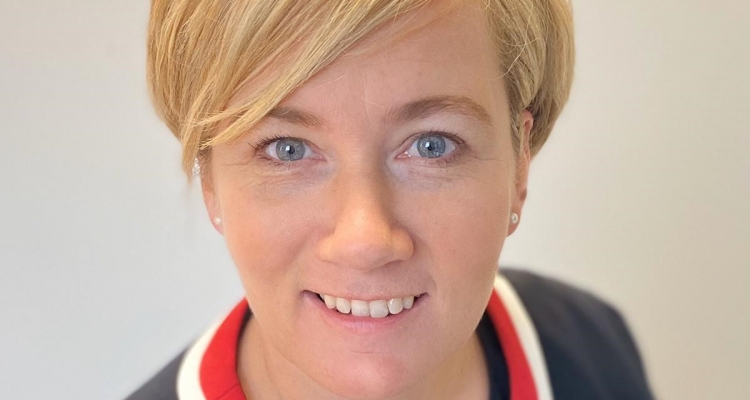Scottish Land & Estates appoints first female CEO
Sarah-Jane Laing has been appointed as chief executive of Scottish Land & Estates (SLE) as the rural business organisation enters the most challenging era in its 110-year history.

Sarah-Jane Laing
Starting out at the organisation fifteen years ago as housing strategy officer before moving to the role of head of policy and most recently executive director, Sarah-Jane is the first woman to take on the role of chief executive.
Sarah-Jane is tasked with influencing the new UK Government on Brexit issues that will impact Scotland. This includes establishing a new scheme to support the seasonal and permanent non-UK workforce rural Scotland relies on, to ensure rural communities are provided with the much-needed stability and support they need.
At Holyrood, her focus will be on addressing climate change, increasing the supply of quality, affordable rural homes and developing a post-Brexit land-use policy which delivers resilient businesses and thriving rural communities as well as increased environmental resilience and wider societal benefits.
She will also push for all of Scotland’s landowners, whether they are communities, private individuals or charities, to be open, inclusive, enabling and responsible, through SLE’s Landowners’ Commitment. The Landowners’ Commitment sets out how landowners can continue to operate their businesses, while contributing to the public good and all SLE members sign up to it. This will help to raise awareness of what happens on Scotland’s land and the positive contribution for all of Scotland’s population of well-managed land and rural businesses, all of which help rural Scotland thrive.
Commenting on her appointment, Sarah-Jane said: “This is a critical time for rural Scotland. The challenges facing our rural businesses and communities have never been greater. They need certainty about what is going to happen with Brexit and what this could mean for them. Both the agriculture sector and the leisure and tourism sector rely heavily on seasonal and permanent workers from outside the UK. Any new scheme must take into account the distinct needs of rural Scotland. It is crucial that the new UK Government realises that decisions they take could unintentional consequences for rural Scotland.
“Another of my priorities is leading a positive, evidence-based approach to a bright future for rural Scotland, which will include increasing the diversity of voices in the debate, improving access across the sector for women, and working more collaboratively towards shared goals.
“Climate change provides not only a challenge for the sector but also an opportunity for us to work with industry, academic institutions, the Scottish Government and others. Land managers already play a vital role but there is huge potential to increase the environmental benefits delivered by an integrated approach to land use. Scotland can be a world-leader on this, and SLE and our members are committed to doing all we can to tackle the climate emergency.”





















